Brain Organoids
Organized clumps of neural tissue called brain organoids could let researchers study neurological disorders in the laboratory.

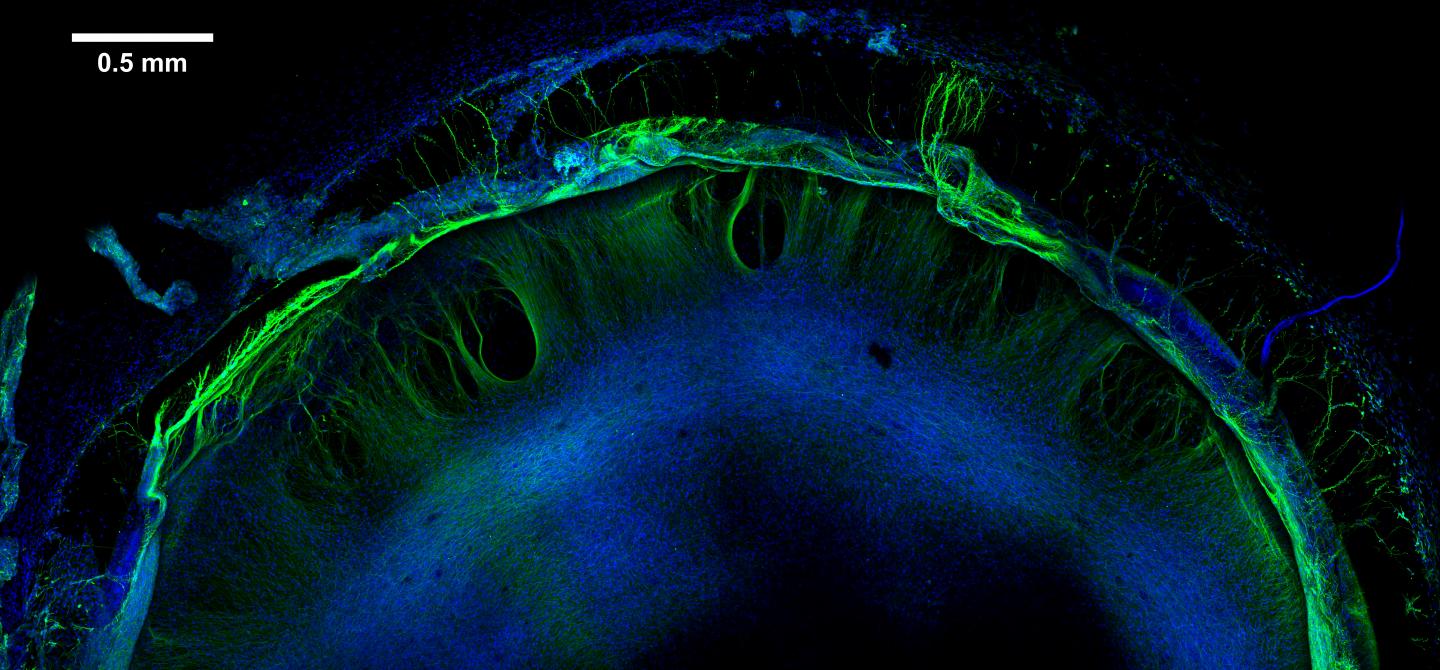
Organized clumps of neural tissue called brain organoids could let researchers study neurological disorders in the laboratory.


Volunteers go on diets of 6,000 calories per day diet to help scientists figure out the link between excess calories and diabetes.
Cells in the immune system follow chemical “breadcrumbs” to find their way to an infection site.
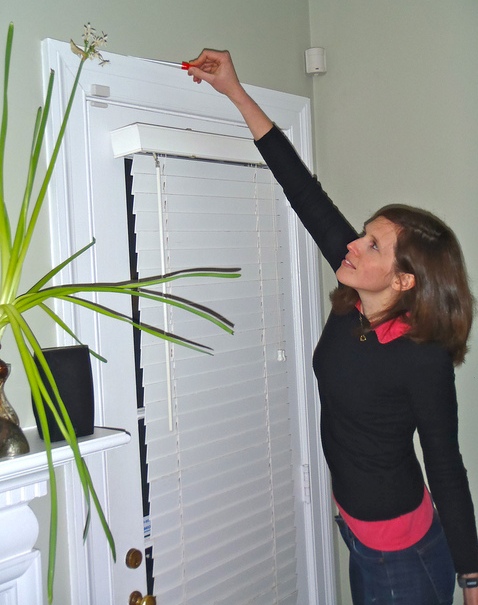
The microbes in your household dust can reveal information about your home’s location, who lives there, and even your pets.

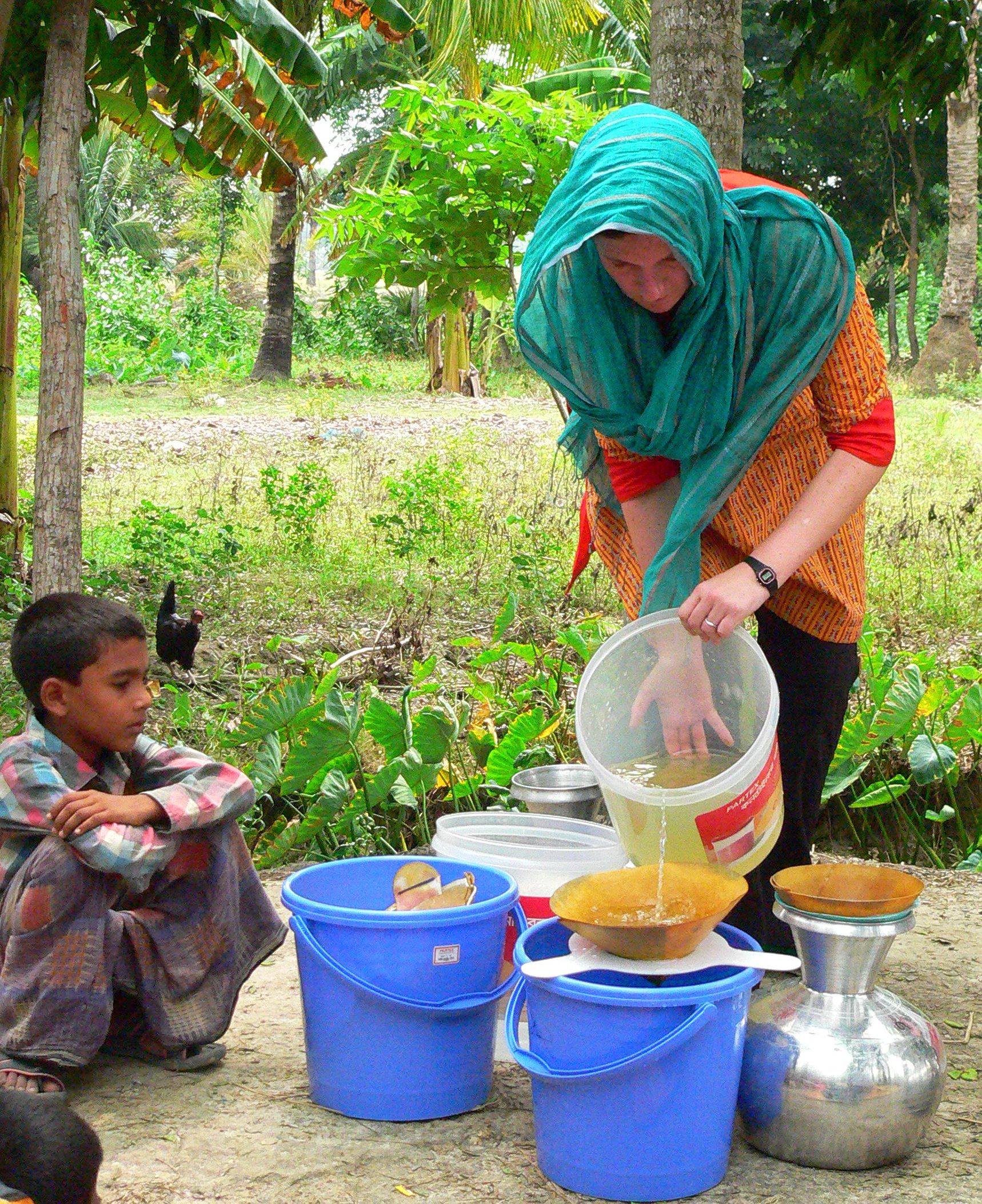
A book that purifies water could help reduce waterborne illnesses in developing countries.

ANCIENT ANATOMY (Encore Presentation) - What dental records from the Mesozoic era can tell us about the lives of dinosaurs. How humans are uniquely adapted to throw baseballs. Also: an automated nature recording system that's monitoring environmental change. And, could vaccinating children protect the elderly as well?
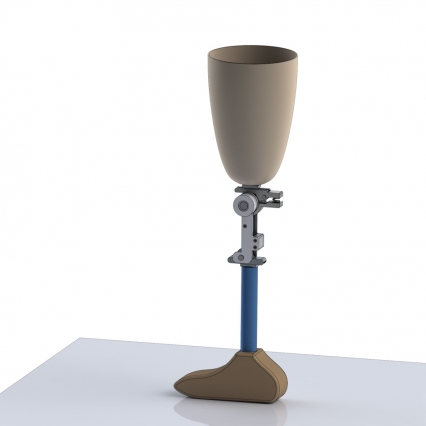
Engineers produce mechanical prosthetic knees for patients in developing countries.
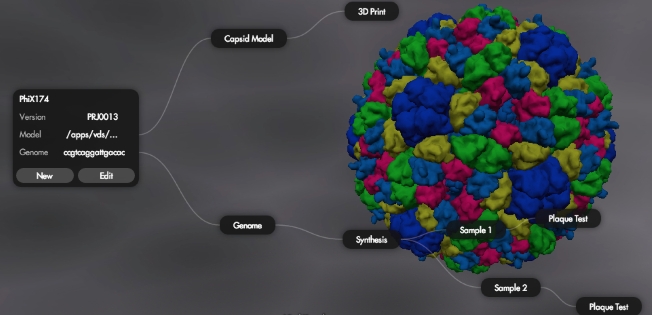
Computer-based design software could speed the creation of cancer-fighting viruses.
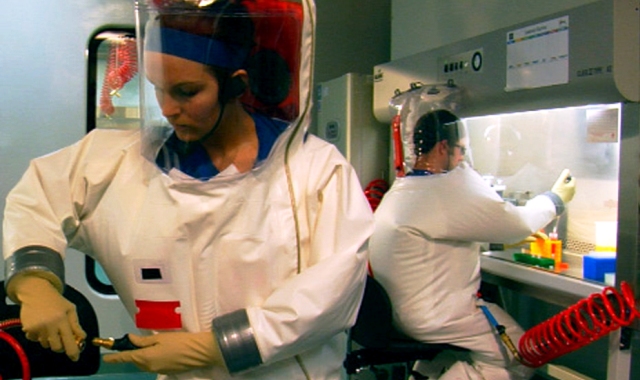
Ebola has claimed thousands of lives in West Africa, but vaccines may be available very soon.


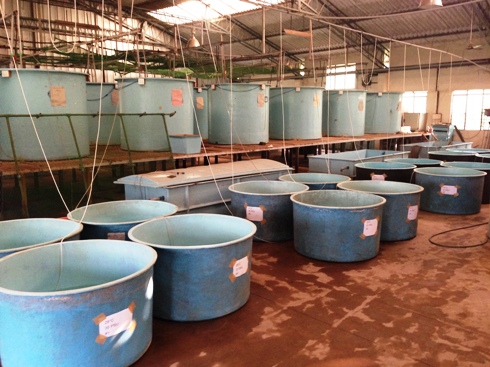


Splicing internal clock genes from one species of bacteria into another could lead to a novel way of delivering drugs at specific times of day.

For people who can’t sleep, cognitive behavioral therapy could be an effective alternative to drugs.
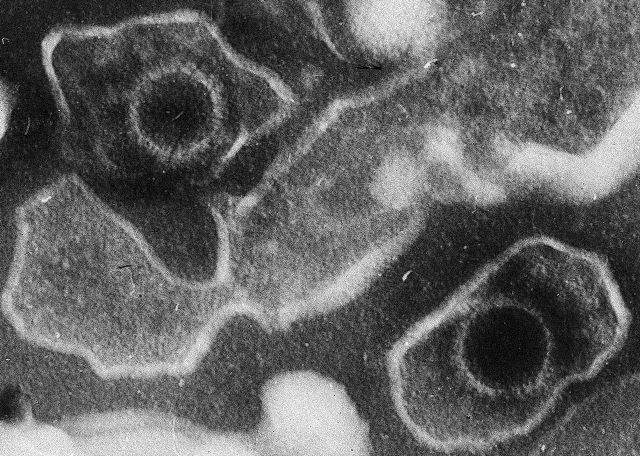
A new diagnostic test identifies a patient’s entire viral history with just a pinprick of blood.
